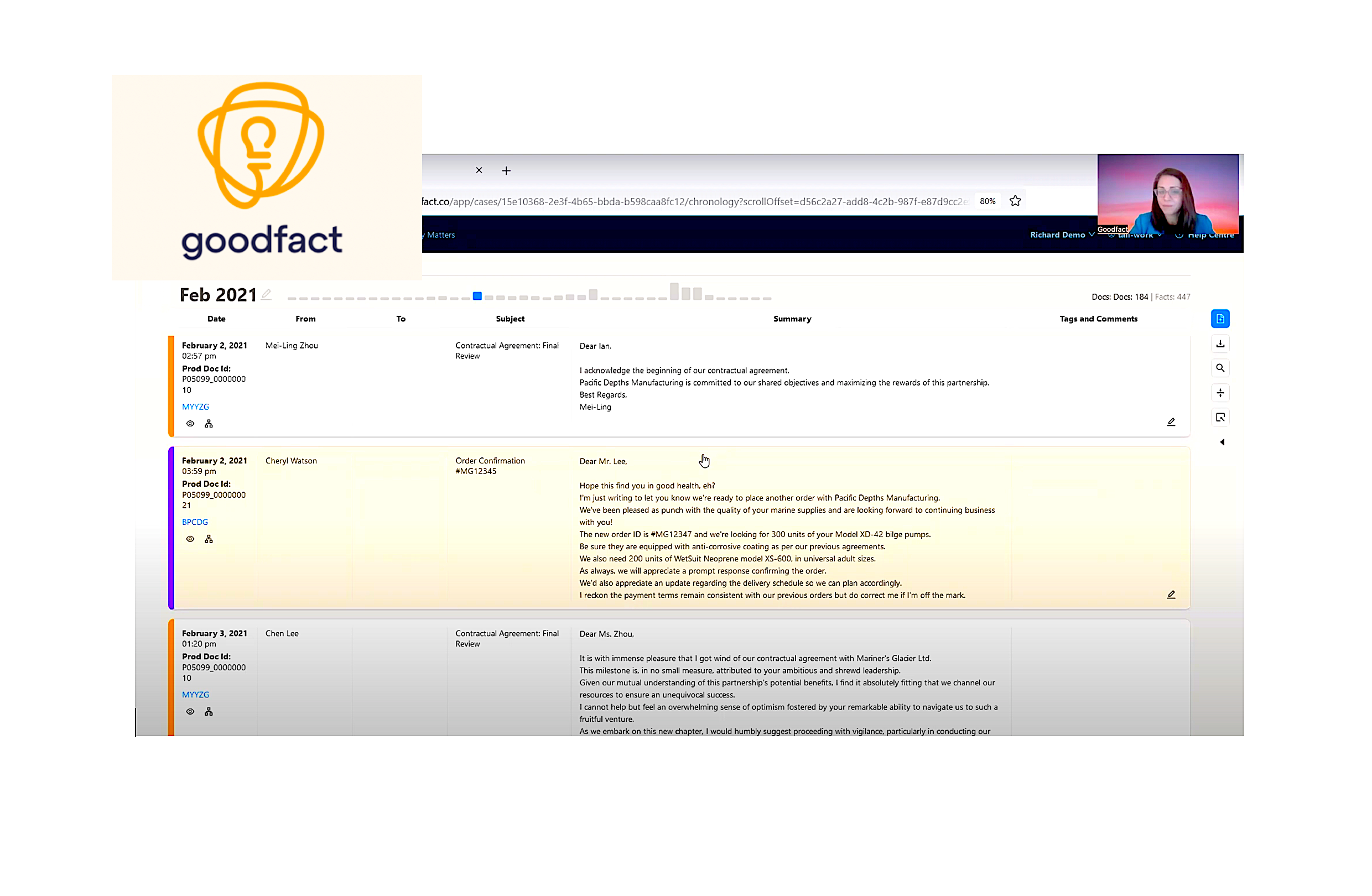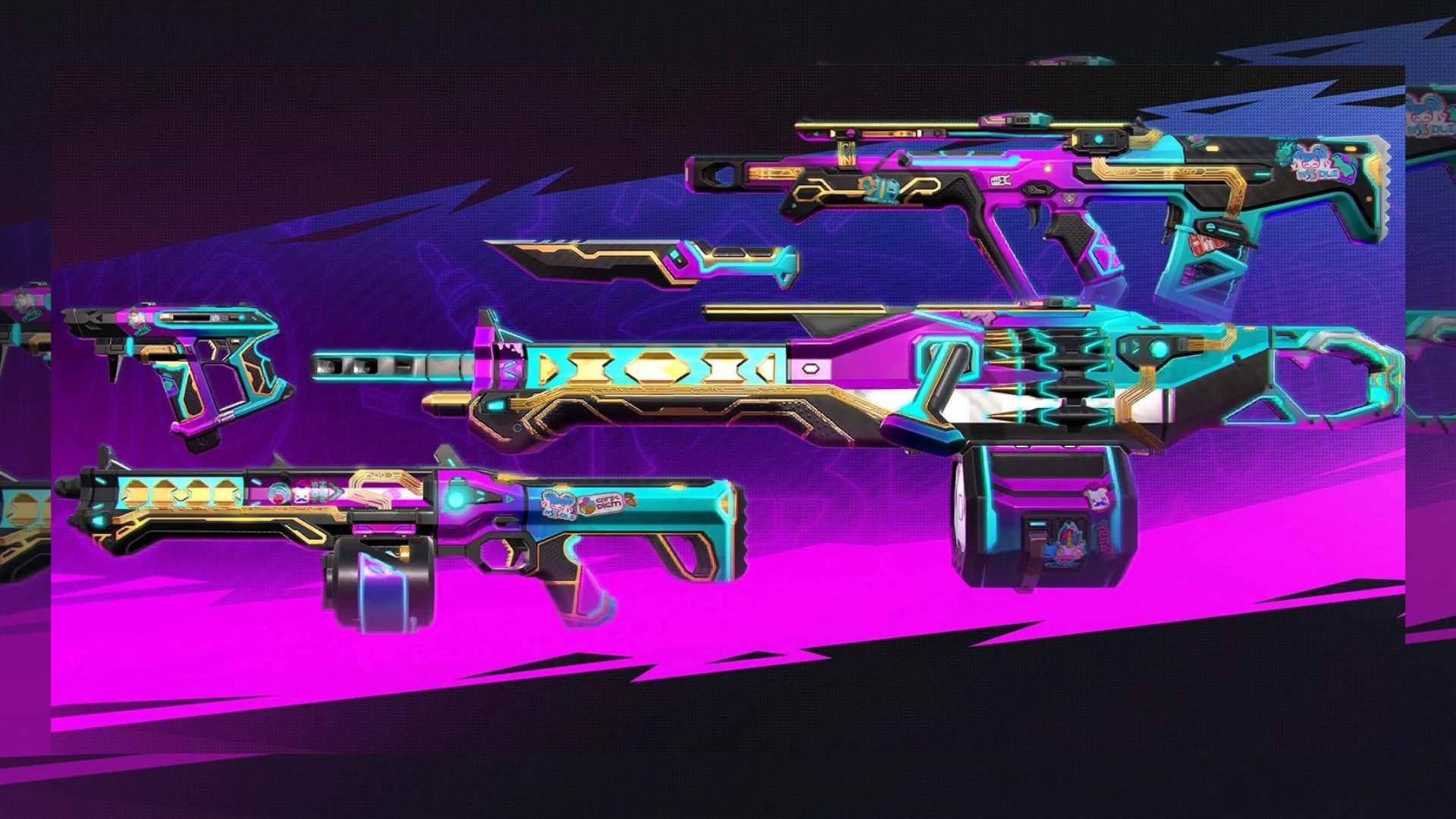Review: S4U: Citypunk 2011 and Love Punch Explores Our Online Identities
S4U: Citypunk 2011 and Love Punch is a stirring exploration of the online juggling act of communication and the ways in which we can weave several different versions of ourselves online. It’s an endless series of masquerades as we pretend to be someone else or do what we can to shape people’s opinion of us into something different. Within those explorations is a sharp look at the pieces of the self that still pierce through even when we pretend to be someone else, and how we seek those true connections in systems that allow us to cloak everything about who we are. But will we ever know if those connections are true or just part of what someone else has put together for us? Miki has two different jobs. They work as an architect as their day job, but do some freelance work as an “online mouthpiece” on the side when they can. Both jobs require some chatting online within the game’s framework in order to keep up with their employment. They also need to do so to keep up with their personal life, as being trapped working two jobs means that Miki rarely has time to talk with people in real life. So much of the game will be spent looking at Miki’s computer screen and whipping through their online feeds while keeping up with the various chats that form their life. The way you do this is very satisfying in S4U: Citypunk 2011 and Love Punch. Largely, you’re typing out responses while you talk back and forth with the people in your life. You do this on a big old computer monitor from over a decade ago, flitting between chat windows as if you’re on old ICQ or some equally ancient chat system. You have a list of people who are online or not, and the option to respond to them as they speak to you or to start up your own conversation. When you do have something to say (the game will tell you when Miki can respond), you do so by actually typing on your keyboard. The keys you press don’t matter – you just have to type on the keys to form their response. This gives the feel of genuinely typing back and forth, and added a lovely tactility to responding. Image via GCORES PUBLISHING Where this all gets interesting is that the timing of your response matters. When you’re replying to a question from your boss at the day job, a parent who has some concerns about your life, or one of the many people you meet while pretending to be someone else for the online mouthpiece gig, you need to respond within an unknown amount of time or else the conversation may move on or the person's opinion on you may shift. If you get caught up helping someone figure out if their partner is cheating on them and you neglect replying to your friend who’s talking about moving away, you can permanently do some damage to that friendship and possibly miss a chance to say goodbye. If you neglect the client, you might not be able to complete your job, put them in a bad situation with an employer, or blow their chance at success. Everything is on the clock, and you never know how much time you have. You can’t just hammer out a response to keep the chat going in S4U: Citypunk 2011 and Love Punch, though. You have to take the time to read the chats, and these come in at (what feels like) realistic intervals. You’re not just given huge blobs of text with everything you need to know. You watch these chats come in and slowly take in the pieces of what the person is saying while other chats can be running as well. If you take a few moments to read one, that’s time you spend ignoring another. You can’t just flit between them and speed read, as you often have to respond in some way to get them to progress. You have to be paying attention despite the game going out of its way to pull your specific focus in particular directions. The end result is that you choose where to put your focus and have to deal with the consequences. And as I said above, those consequences can be big. The effects you have on the people you meet aren’t all by omission, though. As an online mouthpiece, what you choose to say can have drastic effects on someone’s life. When an employer starts harassing an employee, do you post the chat logs in the main employee chats? If someone is being cruel to your client in one of their private chats, do you step in to try to make it right? Do you shirk all of these things to respond to the people in your life to help them with problems? Do you concentrate on your architect work to help keep your main job going? Chase your own passions and ignore everyone? There is so much to decide every few seconds with how you respond and who you choose to respond to, loading this genre with an electrifying sense of consequence in every little interaction with its story. Image via GCORES PUBLISHING You also have specific choices you can make within a conversation in S4U: Citypunk 2011 and Love Punch as well. When you choose who you’ll respond to, you also typically have an array of things you can say in reply. You have to type to have these fill in, then shi
![]()
S4U: Citypunk 2011 and Love Punch is a stirring exploration of the online juggling act of communication and the ways in which we can weave several different versions of ourselves online. It’s an endless series of masquerades as we pretend to be someone else or do what we can to shape people’s opinion of us into something different. Within those explorations is a sharp look at the pieces of the self that still pierce through even when we pretend to be someone else, and how we seek those true connections in systems that allow us to cloak everything about who we are. But will we ever know if those connections are true or just part of what someone else has put together for us?
Miki has two different jobs. They work as an architect as their day job, but do some freelance work as an “online mouthpiece” on the side when they can. Both jobs require some chatting online within the game’s framework in order to keep up with their employment. They also need to do so to keep up with their personal life, as being trapped working two jobs means that Miki rarely has time to talk with people in real life. So much of the game will be spent looking at Miki’s computer screen and whipping through their online feeds while keeping up with the various chats that form their life.
The way you do this is very satisfying in S4U: Citypunk 2011 and Love Punch. Largely, you’re typing out responses while you talk back and forth with the people in your life. You do this on a big old computer monitor from over a decade ago, flitting between chat windows as if you’re on old ICQ or some equally ancient chat system. You have a list of people who are online or not, and the option to respond to them as they speak to you or to start up your own conversation. When you do have something to say (the game will tell you when Miki can respond), you do so by actually typing on your keyboard. The keys you press don’t matter – you just have to type on the keys to form their response. This gives the feel of genuinely typing back and forth, and added a lovely tactility to responding.
Where this all gets interesting is that the timing of your response matters. When you’re replying to a question from your boss at the day job, a parent who has some concerns about your life, or one of the many people you meet while pretending to be someone else for the online mouthpiece gig, you need to respond within an unknown amount of time or else the conversation may move on or the person's opinion on you may shift. If you get caught up helping someone figure out if their partner is cheating on them and you neglect replying to your friend who’s talking about moving away, you can permanently do some damage to that friendship and possibly miss a chance to say goodbye. If you neglect the client, you might not be able to complete your job, put them in a bad situation with an employer, or blow their chance at success. Everything is on the clock, and you never know how much time you have.
You can’t just hammer out a response to keep the chat going in S4U: Citypunk 2011 and Love Punch, though. You have to take the time to read the chats, and these come in at (what feels like) realistic intervals. You’re not just given huge blobs of text with everything you need to know. You watch these chats come in and slowly take in the pieces of what the person is saying while other chats can be running as well. If you take a few moments to read one, that’s time you spend ignoring another. You can’t just flit between them and speed read, as you often have to respond in some way to get them to progress. You have to be paying attention despite the game going out of its way to pull your specific focus in particular directions. The end result is that you choose where to put your focus and have to deal with the consequences. And as I said above, those consequences can be big.
The effects you have on the people you meet aren’t all by omission, though. As an online mouthpiece, what you choose to say can have drastic effects on someone’s life. When an employer starts harassing an employee, do you post the chat logs in the main employee chats? If someone is being cruel to your client in one of their private chats, do you step in to try to make it right? Do you shirk all of these things to respond to the people in your life to help them with problems? Do you concentrate on your architect work to help keep your main job going? Chase your own passions and ignore everyone? There is so much to decide every few seconds with how you respond and who you choose to respond to, loading this genre with an electrifying sense of consequence in every little interaction with its story.
You also have specific choices you can make within a conversation in S4U: Citypunk 2011 and Love Punch as well. When you choose who you’ll respond to, you also typically have an array of things you can say in reply. You have to type to have these fill in, then shift between two or more answers that can take the conversation in different directions or have immediate consequences for you or your client. So, while you’re rushing to respond to different people, you need to slow down and take a look at how you reply (sometimes in quite detailed ways) to make sure you’re taking things in a direction you want. The game asks you to slow down and speed up at the same time, adding to that sense of urgency within the story.
It doesn’t hurt that this game features an excellent story that I found easy to lose myself in. While set in 2011, you exist in a world where life online is heavily regulated (what you’re doing by pretending to be others online is highly illegal, but you need the money pretty bad). Cyber Life exist as AI beings that have feelings and thoughts of their own (and are even capable of reproducing whole other beings through mixing their data). I carried on more than one conversation with the Cyber Life that controlled a vending machine down the street, steadily growing closer over the course of the game as it slowly warmed up to me and my bizarre purchases.
S4U: Citypunk 2011 and Love Punch does a good job of doling out information about these things in roundabout ways, speaking about them through your online chats, your interactions with people, and posts on the game’s social media. It feels more like you discover these details, so while they can seem a bit confusing at first, it felt more like organic discovery when I finally figured out the connections between my character and others as well as the overarching lore that shapes the world. I felt a little lost at first, but I enjoyed the natural discovery over having to read through some huge text dumps in a glossary or something. It’s just enough information to figure it out yourself without getting lost. But you do need to pay attention – something you should be doing anyway.
Within these systems, Miki needs to be something different to everyone. You need to be a good employee for your architect job, a good child to your parents, a good friend, and whatever else you have to be within you side gig as the online mouthpiece. You slip from one identity to another throughout the game, keeping up appearances to your day job so they think you’re working hard while secretly doing your illegal gig on the side. You continually juggle these different identities, transitioning from one to another as you work through each chat. Even though you’re only typing responses in a chat window (and you only have so many to choose from), this slippery identity makes chatting exciting as you try to keep them all straight.
In the end, though, despite all of this, your real personality (depending on what you feel is important) will start to weasel its way out in S4U: Citypunk 2011 and Love Punch. Without meaning to, I started focusing more on helping my clients and overstepping the bounds of the conversations I was supposed to be having. I’d but into their personal lives to try to clear up problems. Make decisions that would have drastic effects on them. Secondly, after losing contact with a friend, I started prioritizing conversations with the friend I had left. My real job would get forgotten more and more. Without even thinking about it, I started injecting more and more of who I felt Miki was into how they acted even while I “should” have been acting in other ways.
All of this turns the game into this interesting, compelling look at the ways we shape ourselves online and how pieces of our real identity can still poke their way through. Without ever making the decision, I felt that Miki could help make life better for people in some way. It felt so much more fulfilling to reach into lives and try to do what I felt was right, but in doing so I often gave myself away to an extent, caused the client some pain, or even made a mess of Miki’s life. Still, I was being true to who I felt Miki was, even as I was supposed to be pretending to be other people and doing the “correct” thing. In a game about keeping up with so many pretended selves, the real person inside just kept breaking free in my overarching actions.
S4U: Citypunk 2011 and Love Punch does have some minor flaws with its writing. The translation can be a bit messy in some places, resulting in some clunky language in spots, but I quickly lost myself in the fiction of the world and stopped caring about it. These come up fairly frequently, but I was too caught up in the story to be bothered with these errors.
Overall, S4U: Citypunk 2011 and Love Punch is a fantastic exploration of our lives online and in chat and how we try to shape ourselves into different beings to one another. It’s about how what we prioritize in these communications can shape our lives in drastic ways (as well as the lives of others), and the challenges that come with having to be so many people to so many folks all at the same time. It’s focus on the importance of who we prioritize in our online dealings, and the truths that can come out despite a need to be someone else, made me think more on my own dealings online and who I wish to focus on in my own digital life.
S4U Citypunk 2011 And Love Punch is available now on PCs.
The post Review: S4U: Citypunk 2011 and Love Punch Explores Our Online Identities appeared first on Siliconera.
What's Your Reaction?























































































